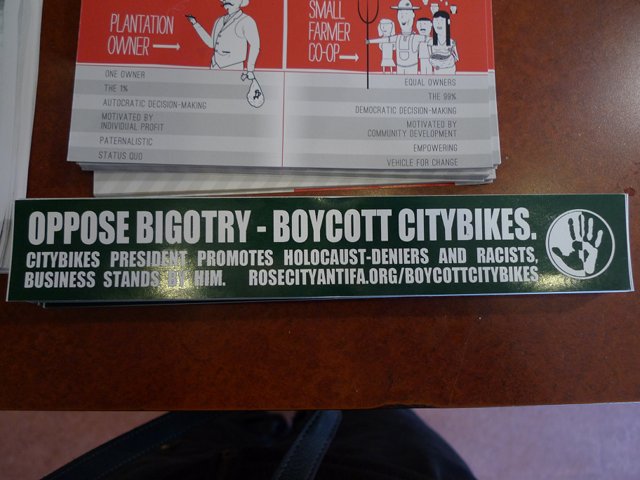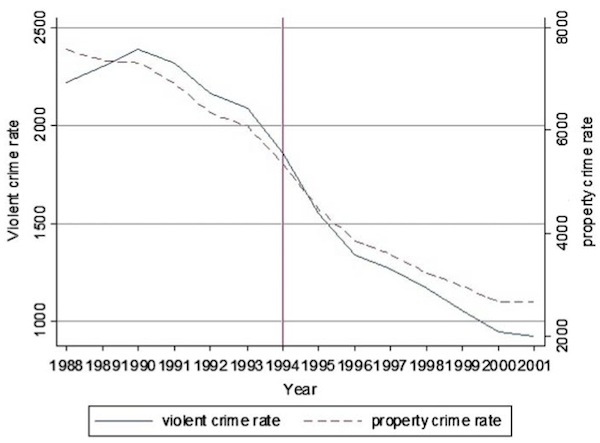Chávez is Dead
Published at 08:30 on 9 March 2013
I guess I’ve become jaded by political hypocrisy, because I find it more amusing than depressing or infuriating that there’s so many double standards in the Establishment media’s summing up of his legacy.
The Guardian had a great editorial the day after he passed away, which unfortunately seems to have been pulled from their web site. The gist of it was that most of the bad stuff being repeated about Chávez is indeed both true and bad stuff, but that his overall legacy must be balanced against the significant gains the least fortunate have made during his regime, and that the economic difficulties Venezuela has been experiencing over the past few years are being greatly exaggerated by one-sided reporting.
Like most resource-rich Third World nations, Venezuela has (still has, despite the progress of the past 15 years or so) an absolutely staggering amount of inequality. This is sadly not unique to Venezuela. Natural resource wealth in the developing world tends to end up concentrated in a few hands, with the vast majority sharing in little or none of it.
None of this justifies Chávez’ authoritarianism, of course, but neither does the authoritarianism invalidate the progress which has been made. And Chávez’ authoritarianism was a far more mild variety than that which existed in Chile under Pinochet or in Argentina during their military dictatorship, to pick just two examples of many one can find in Latin America.
If the coup against him in 2002 — backed by the US — had succeeded, all available past historical evidence indicates that human rights would have been vastly worse under the resulting right-wing dictatorship.



